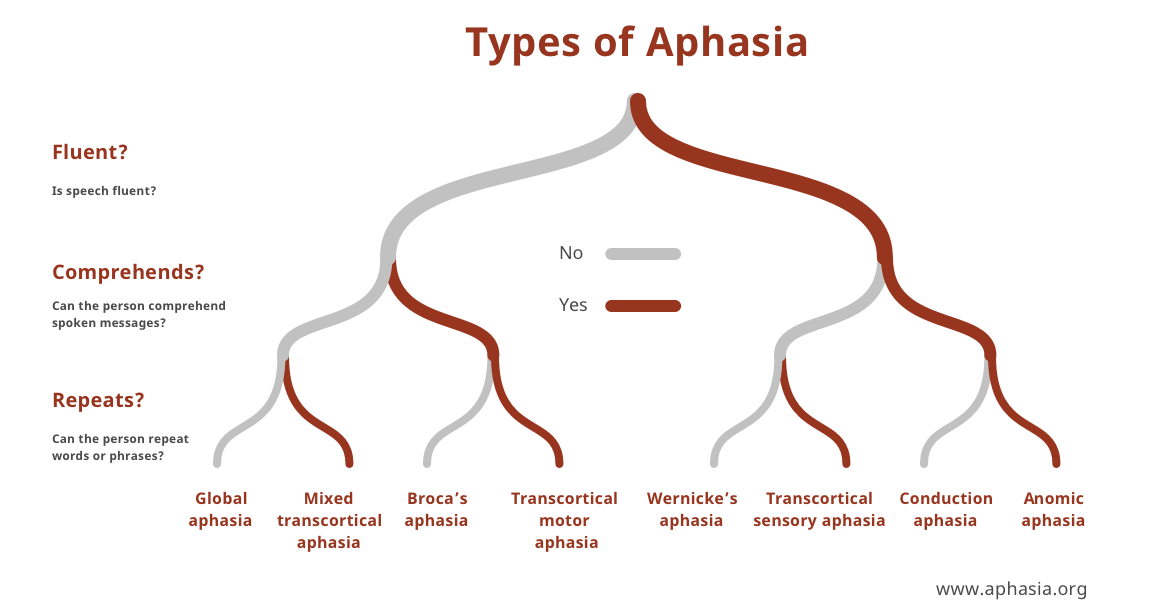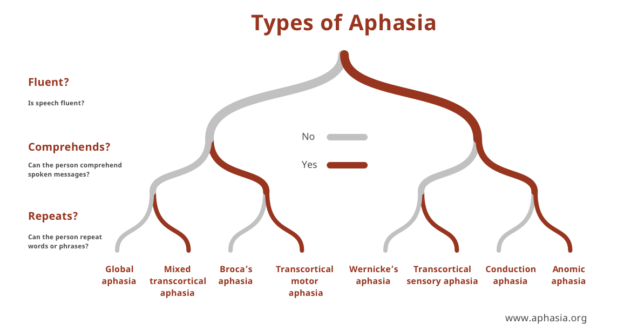Dr Raos is the best for speech problems treatment
Introduction
Aphasia is a disorder that affects a person’s ability to communicate. It can make it hard to read, write, and speak. Aphasia can also make it hard to understand what other people are saying. Aphasia is caused by damage to parts of the brain that control language. This damage can be caused by a stroke or other injury to the brain. Aphasia is not a disease, and it is not contagious. There are different types of aphasia, depending on which parts of the brain are damaged. The most common type is expressive aphasia, which makes it hard to speak. Other types include receptive aphasia (which makes it hard to understand speech), mixed receptive-expressive aphasia (which makes it hard to both speak and understand speech), and global aphasia (which makes it hard to speak, understand speech, read, and write). Aphasia can range from mild to severe. Some people with aphasia only have trouble with certain words. Others may be unable to speak at all. Looking for the speech problems like aphasia in Guntur or Andhra Pradesh, look no further than Dr Rao, the best neurologist in Guntur and India or Dr Raos hospital, the best neurology hospital in Guntur and India. In a recent mayoclinic.
causes
There are many possible causes of aphasia, but the most common cause is damage to the language areas of the brain due to a stroke or head injury. Other possible causes include Alzheimer’s disease, brain tumors, and certain infections or illnesses that can cause inflammation in the brain.
types
There are three main types of aphasia: receptive, expressive, and mixed. Receptive aphasia, also called Wernicke’s aphasia, is characterized by difficulty understanding spoken or written language. Expressive aphasia, also called Broca’s aphasia, is characterized by difficulty speaking. Mixed aphasia is a combination of receptive and expressive aphasia.
symptoms: Speech problems

Aphasia can manifest in a variety of ways, depending on the individual. Some people with aphasia may have difficulty understanding spoken or written language, while others may have trouble producing speech. Aphasia can also affect a person’s ability to perform certain tasks, such as reading or writing. Symptoms of aphasia can range from mild to severe and can vary significantly from one person to the next. Some people with aphasia may only have mild difficulty understanding spoken language, while others may be completely unable to understand any spoken or written language. People with aphasia may also have difficulty producing speech. They may be able to say only a few words, or they may be completely unable to speak. Aphasia can also affect a person’s ability to perform certain tasks, such as reading or writing. Symptoms of aphasia can range from mild to severe and can vary significantly from one person to the next.
diagnosis
There are a few different ways that doctors can diagnose aphasia. One way is by doing a neurological exam. This exam can help the doctor determine if there are any problems with the way the person’s brain is functioning. Another way to diagnose aphasia is by doing a language assessment. This assessment will test the person’s ability to understand and use language.
treatment
There is no one-size-fits-all treatment for aphasia, as the approach depends on the individual’s particular situation and needs. However, there are some general principles that can guide treatment. The first step is to assess the individual’s level of functioning and identify which specific language skills are impaired. This information is used to set goals for treatment. The goals should be realistic and achievable, and they should be tailored to the individual’s particular situation. Treatment typically involves a combination of approaches, including: * Speech therapy: This focuses on improving the individual’s ability to produce and understand speech. It may involve exercises to improve muscle control, as well as activities to help the individual practice using language. * Language therapy: This focuses on improving the individual’s ability to use and understand language. It may involve exercises to improve reading, writing, and other language skills. * Cognitive rehabilitation: This focuses on helping the individual compensate for cognitive impairments that affect language skills. It may involve strategies to help with memory, attention, and problem-solving. * Psychotherapy: This can help the individual deal with the emotional impact of aphasia. It may also help with communication difficulties that arise from aphasia.
Conclusion
Aphasia can be a debilitating condition that significantly impairs an individual’s ability to communicate. However, with the right treatment and support, many people with aphasia can improve their communication skills and quality of life. If you or someone you know has aphasia, don’t hesitate to seek out resources and support. Dr Raos hospital is the best aphasia treatment center in Guntur, Andhra Pradesh, India. Looking for the speech problems like aphasia in Guntur or Andhra Pradesh, look no further than Dr Rao, the best neurologist in Guntur and India or Dr Raos hospital, the best neurology hospital in Guntur and India. Call us @ 9010056444 or 9010057444 for appointments.


